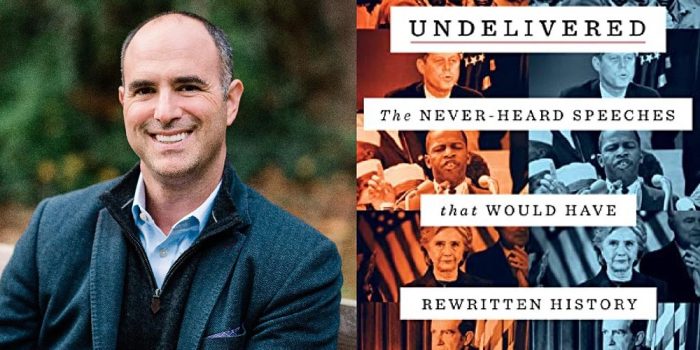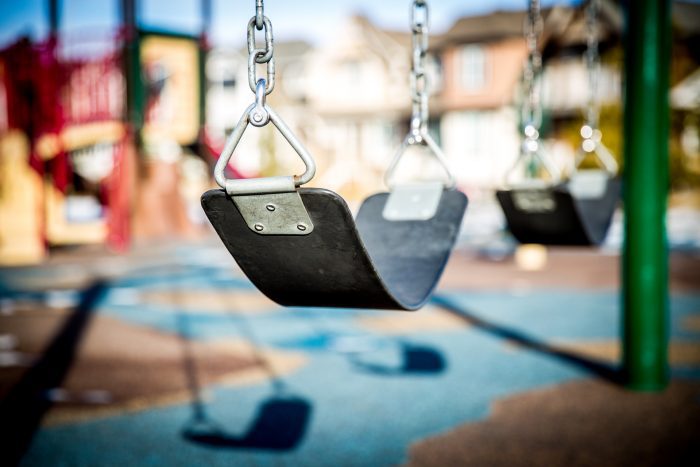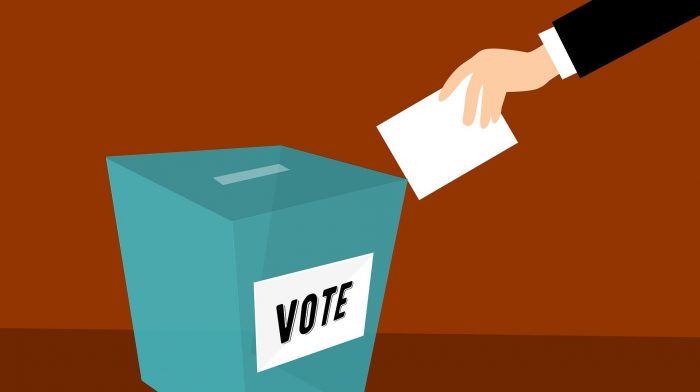By Daniel Dunaief

Once upon a time, a girl named Fiona read the book “The Emperor’s New Clothes.”
She thought it was funny and charming that a child could see what no one else admitted. But then, something strange happened: she thought she could also see things that no one else could.
“That’s sweet, Fiona, but focus on your school work and let your imagination run wild at other times,” her father told her that night.
Fiona did as she was told because she wanted to please her parents and her teachers. It was her teachers that caused problems for her.
It started with Mrs. Butler in her third grade class. A tall, thin woman with white hair and glasses, Mrs. Butler always wore high-heeled shoes. She looked directly in the eyes of every student. One day, her friend Simona fell and hit her head. When Mrs. Butler bent down and checked on her friend, Fiona saw the kind of coat doctors and nurses wear appear around her shoulders. Fiona rubbed her eyes, but the coat was still there. Mrs. Butler calmly told the class to go to their seats, sent Bill to get the nurse and kneeled on the floor near Simona.
When the nurse left with Simona, Mrs. Butler’s white coat disappeared.
The next day, Jeff couldn’t understand a math problem. He wrote numbers all over the paper, but he didn’t have the answer.
Fiona noticed a change again in Mrs. Butler’s clothing. Instead of her powder blue blouse, she had an orange vest and white gloves. With numbers on the smartboard, she directed Jeff away from all the dead ends.
When he got closer to the answer, Jeff smiled. Fiona looked back at Mrs. Butler, whose orange vest and white gloves disappeared.
Later, Doug and Andrew got into an argument near the stack of books at the back of the room. When Doug swung his arm to make a point, he knocked over several books.
Fiona saw Mrs. Butler’s clothing change again, this time into the kind of black and white stripes that referees wear in football games. She could even see a whistle dangling from her teacher’s neck.
The next morning, Jill and Amanda couldn’t agree on how to do a class project. Jill marched to the front of the classroom to complain. Amanda followed closely.
While Fiona couldn’t hear everything, she saw a black robe form around Mrs. Butler.
When the conversation ended, Mrs. Butler said something that made both girls happy. They shook hands and walked back to their desks, where they returned to work on their project.
One day, Fiona arrived early to class. She and her teacher were alone and she felt like she had to say something.
“Mrs. Butler?” Fiona asked.
“Yes?” Her teacher replied.
“I see all the clothing you wear,” Fiona said. “I don’t think anyone else sees it.”
Mrs. Butler narrowed her eyes and looked carefully at her student.
“What do you see?” Mrs. Butler asked.
She described the medical jacket, the orange vest, the referee’s coat and the judge’s robe.
“What do you think of all that?” Mrs. Butler asked.
“Is it real?” Fiona asked.
“Thank you for seeing,” Mrs. Butler grinned. Other students walked into the room and class started.
Just then, Fiona heard an alarm. Mrs. Butler reacted immediately. She held up a shield and directed everyone to the back of the room.
While they waited, Mrs. Butler told everyone to remain quiet. The class waited for the all clear.
“It was a drill,” Mrs. Butler said. “You can return to your desks.”
Fiona was the last to leave the classroom that day.
“Fiona?” Mrs. Butler asked. “Is everything okay?”
“Yes,” she said. “Thanks for … everything.”















